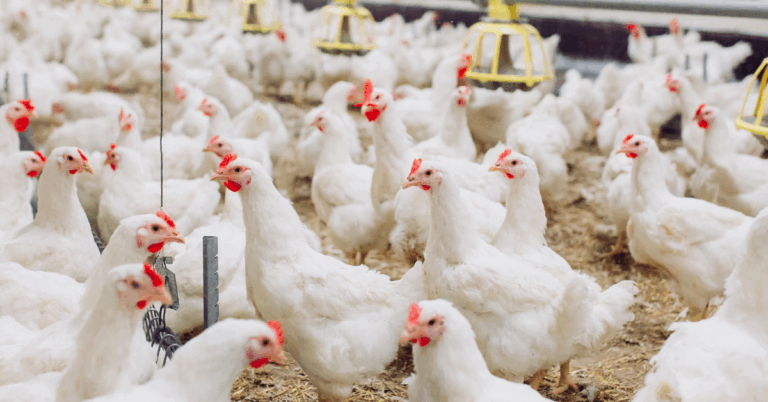Introducing probiotics into broiler diets can support bird health and performance, if the right product is selected and used consistently. That’s the advice from independent poultry nutritionist Steve Pritchard, who sees probiotics as a useful tool in preventative health management.
“Probiotics aren’t a quick fix,” said Pritchard, “but when given consistently from day one, they can influence the microbial balance in the gut in ways that benefit the whole flock.”
A diverse gut microbiome is generally associated with better bird performance, and probiotics can play a role in encouraging that diversity. With increased emphasis on stocking density, maintaining gut health and welfare has become even more important, and probiotics are one approach to help producers meet these challenges.
Pritchard highlighted three key areas to assess when selecting a probiotic: mode of action, proven effectiveness, and heat stability. He stresses the need for robust evidence, ideally from commercial trials, that shows the product consistently delivers on gut health support.
Heat stability is also critical, especially if the probiotic is added during feed manufacture. Not all bacterial strains survive the pelleting process, so producers should seek confirmation that the strain remains viable post-processing. A strong example is Gallipro Fit, a heat-stable product combining three Bacillus strains. Trials show it can improve feed conversion ratios by up to three points, boost weight gain, and reduce mortality.
Finally, understanding the mode of action is important, as different probiotic strains offer different benefits. Some may aid digestibility, others may help protect the gut lining, or inhibit harmful bacteria. Matching the probiotic to the specific needs of the flock will help ensure the best outcomes.
While probiotics are not a standalone solution, they can form part of a broader strategy to reduce reliance on antimicrobials and improve overall flock resilience.


